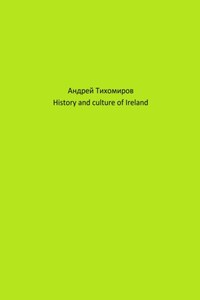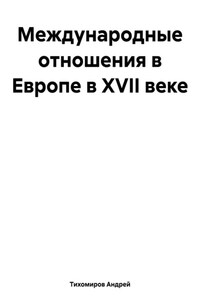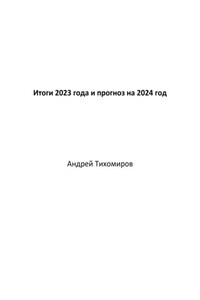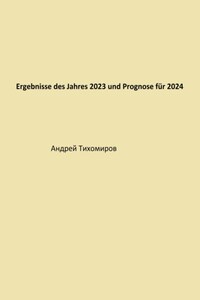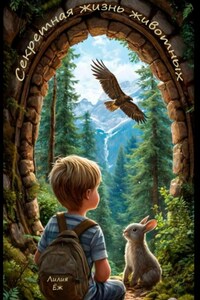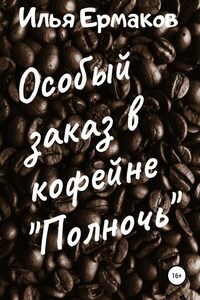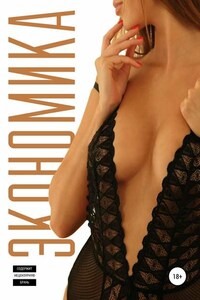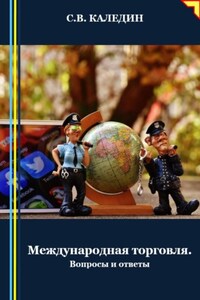In Irish sources , information about Dublin dates back to the 3rd century . At the end of the 8th century the city was captured by the Normans. In 1014, near Dublin, the Normans were completely defeated by the Irish king Brian Boroime. The Norman population of the city mixed with the Irish. In 1169 Dublin was captured by English feudal lords. In the early 13th century, the citadel of the city was built as a support base for the conquerors – the Dublin Castle, which became a symbol of oppression, disenfranchisement and violence for the Irish people. From the 17th century . Dublin is one of the centers of the Irish liberation movement. In 1916 (April 24-30), the Dublin Uprising of 1916 broke out against English rule. Guerrilla actions against the British authorities unfolded in the country. The ground for the uprising was prepared by the growth of the revolutionary sentiments of the Irish masses, the indignation of the broad strata of the Irish people by the colonizing policy of the English government, which postponed the implementation of the law on limited self—government of Ireland within the British Empire – home rule until the end of the war and actually imposed a state of siege in Ireland. In Ireland, discontent with the extremely limited nature of home rule and the conciliatory tactics of the Irish bourgeois nationalists was growing more and more. The main role in the uprising was played by the Civil Army, a working—class military organization created in 1913, and detachments of Irish volunteers led by left-wing Shinfeiners – petty-bourgeois Republicans. One of the leaders of the uprising was the Irish proletarian revolutionary Connolly, who commanded the rebel forces. The rebels seized the main post office in Dublin, the railway station and a number of administrative buildings. They proclaimed the Republic of Ireland and formed a provisional Government. In addition to Dublin, the uprising took place in other cities, as well as in a number of other places. After fierce street fighting that lasted until April 30, the uprising was suppressed by the British imperialists with exceptional brutality.
The Illustrated London News, May 6, 1865. The Dublin International Exhibition: Delivery of goods at the foreign and fine-arts' entrance
The Illustrated London News, May 13, 1865. The Dublin International Exhibition: West entrance to the building
Dublin. One of the central streets of the city. The Great Soviet Encyclopedia, Moscow, volume 18, 1953, p. 451
Dublin. In downtown. The Great Soviet Encyclopedia, Moscow, volume 15, 1952, p. 256
Ireland in ancient times was inhabited by Iberian (Ibero-Caucasian peoples) and Celtic (Indo-Europeans) tribes. The main occupation of these tribes was cattle breeding and agriculture. The Roman conquest of Britain (1st century. the name "Britain" from the Britons – Celts, Indo–Europeans, in ancient times all the islands north of Gaul (Gauls are also Celts) were called Britain, and the largest – Albion, "white", numerous mineral cement substances for construction were mined on the island in ancient times, having a white light color) did not affect Ireland, as well as the invasion of a neighboring island in the 5th century. Anglo-Saxons and other Germanic tribes. For many centuries, the primitive communal system was preserved on the island, but by the 3rd-4th centuries, signs of its decomposition had already appeared. The process of class differentiation led to the formation of several early feudal states in Ireland. The heads of clans (large clans divided into separate tribal groups) and tribes – riages, or "kings", acquired territorial power. In the 5th century, Christianity began to spread in Ireland. With the foundation of monasteries, church-feudal land ownership appeared. The spread of Christianity contributed to the process of feudalization. However, this process developed rather slowly. Among the Celtic tribes, the remnants of ancestral relations were still strong. The monastic Celtic-Latin culture reached a high level of development at that time.
Starting in 795, Ireland began to be raided by the Normans. A long struggle with the Normans ended with their defeat in 1014 at Clontarf by the squads of ard-riag ("high king") Brian Boroime, who had recently managed to temporarily unite the whole country.
In 1169 and 1170, detachments of Anglo-Norman barons invaded Ireland. In 1171, the army of the English king Henry II landed, whom the defeated Irish riages were forced to recognize as the "supreme ruler", thus Ireland became the first English colony. However, the conquerors managed to gain a foothold only in the southeastern coastal strip. In the occupied territory, which later became known as "Pel" (literally fence), free members of the Irish clans were turned into serfs; the conquerors treated the Irish as an "inferior" race. The Kilkenny Statute of 1366 forbade the English from all communication with the locals. Western Ireland, which still retained its independence, was subjected to systematic devastating raids by English feudal lords. Having forced the indigenous inhabitants into swamps and forests, damaging their agriculture and culture, the conquerors caused a delay in the process of decomposition of backward patriarchal-tribal relations among the Irish. Refuting the false version of the English bourgeois historiography about the civilizing mission of the British on the "pearl island", F. Engels wrote that "the English invasion deprived Ireland of any possibility of development and threw it back centuries, and moreover immediately, starting from the XII century" (Marx K. and Engels F., Essays, vol. 24, p. 280).
Since 1295, a parliament of English barons and prelates began to gather in Eastern Ireland. Great influence was acquired by English feudal lords, who, despite the ban, intermarried with the heads of Irish clans and inherited their lands. In the 15th century, representatives of the Anglo-Irish Geraldine family – Desmonds and Kildares – almost monopolistically used the post of governor of the island. With the accession of the Tudors in 1485 and the establishment of absolutism in England, the English government began to strengthen its power in the country.
During the entire period of the 12th-15th centuries, the Irish clans waged a liberation struggle against the English conquerors (uprisings of 1315-1318, 1394, 1399, etc.).
The spread of the English Reformation to Ireland in 1536-1537 gave rise to the confiscation of the lands of the leaders and ordinary members of the Irish clans under the pretext of their deviation from the "true" faith. Ireland became the object of colonial plunder both for the ruined English feudal nobility, and for the "new nobility" and the bourgeoisie – classes that arose in the process of initial accumulation, which prepared the establishment of the bourgeois system in England.
